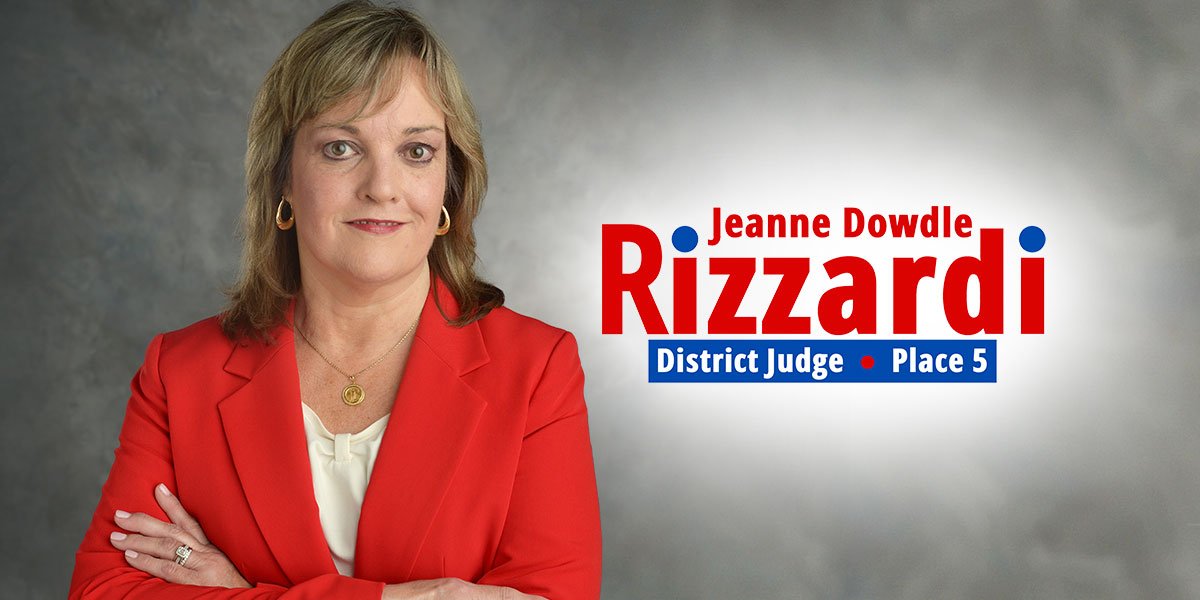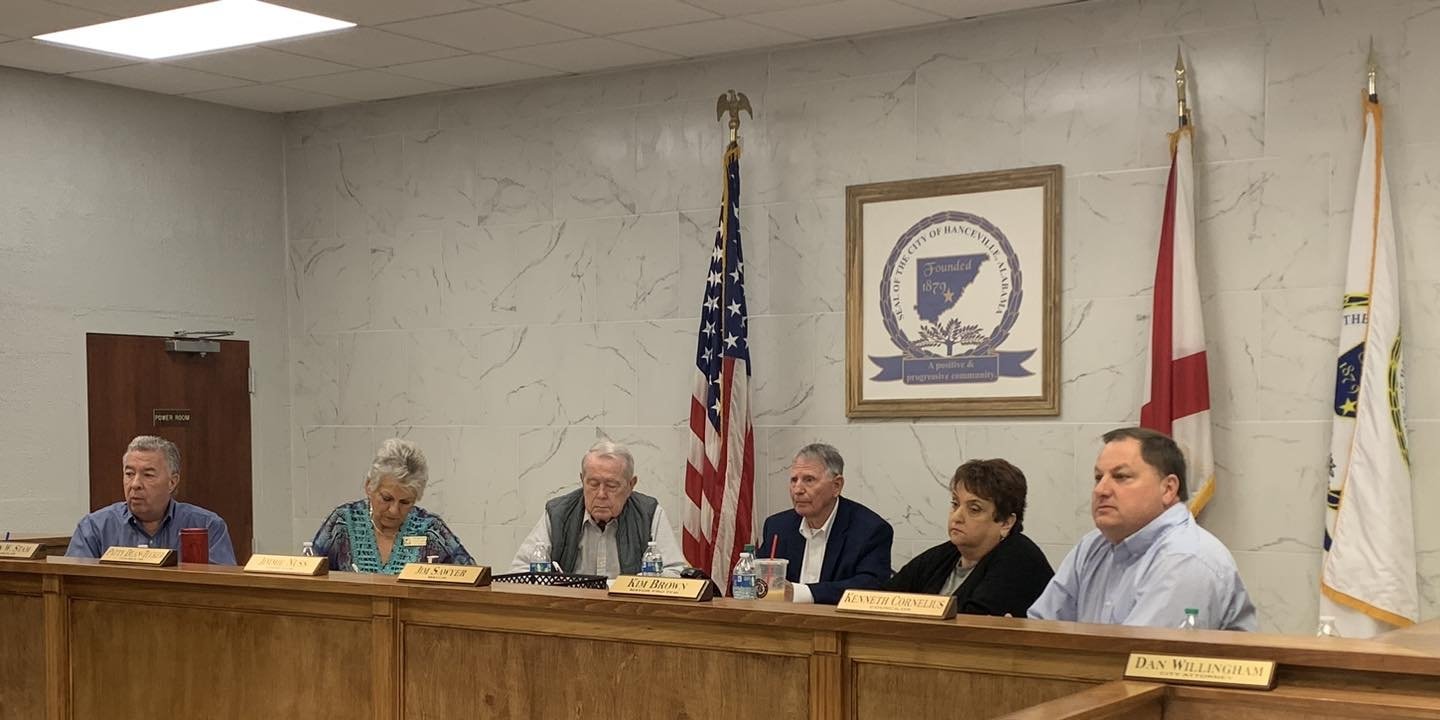When I first ran for Congress in 2018, I knew the outlook was bleak. Alabama had one of the worst maternal mortality rates in the country. Rural hospitals were shutting down across the state every day. Women of color died during childbirth at three times the rate of white women. My attempts to sound the alarm fell on too many ears.
Since then, I have been there to support close friends who have received devastating news about family planning. From multiple miscarriages to failed IVF treatments, many of our closest neighbors are grappling with the challenges of building the lives and families they want. This week, in the wake of the horrifying Supreme Court decision regarding embryos, many of our fellow Alabamians are facing a different kind of heartbreak—this time, from Alabama's political elite. It is done by hand.
Unfortunately, I'm not surprised. I am deeply sorry for what this means not only for our friends and community, but also for the future of fertility and reproductive freedom across the country. So far, two of the state's largest fertility providers, the University of Alabama at Birmingham Hospital and Alabama Fertility Services, have already made the difficult decision to discontinue IVF treatments.
IVF has long been a ray of hope for countless people struggling with infertility. This medical wonder has allowed many people to realize their dreams of becoming parents. Nevertheless, that hope was dashed for thousands of parents when the Alabama Supreme Court ruled that frozen embryos are legally considered children. My heart breaks for the families who have spent thousands of dollars waiting for embryo transfer as a result of the various circumstances that led them to seek IVF treatment in the first place.
As someone who wants to start a family soon, and who is technically in the geriatric pregnancy age range, I'm scared to find out that my options for having a child are even more limited.
This decision not only puts a legal label on frozen embryos, but also adds unprecedented complexity to an already delicate situation. The idea that frozen embryos stored for future family formation are equivalent to living children raises serious questions from an ethical and legal perspective. Can these embryos be insured? Will families be forced to store embryos indefinitely? Will fetuses be considered in estate planning or other family law proceedings? How are embryos counted? Can families claim embryos on their taxes?
But on Friday, I saw a glimmer of hope. Rep. Anthony Daniels (HD-53), Rep. Prince Chestnut (HD-67), Rep. Curtis Travis (HD-72), Rep. Ontario Tillman (HD-56), and Rep. Pebrin Warren (HD-82). may help us move in the right direction. We exposed this mistake through our proposal for House Bill 225.
House Bill 225: Concerning fetuses. State law provides that a fertilized human egg or human embryo existing outside a human uterus is not considered a fetus or a human being for any purpose.
We have an opportunity to speak out for basic common sense and collective rights. I encourage all Alabamians to: Please contact the person in charge And we ask you to think critically about how this Supreme Court decision has affected families across the state. And I want you to support HB225.
I want Alabama to be a place where young people can grow up and live healthy, fulfilling lives. I want people to see the wonderful environment I grew up in and all the good things we brought to the world. I want people of all beliefs and backgrounds to have hope for a brighter future through family planning and IVF. But at this point, none of those things are possible.
Instead, the decisions being made today will only further exacerbate the state's health care crisis and declining quality of life. Needless to say, we are showing outside industry, investors, and potential workers across the country why Alabama should be your future home.
It doesn't have to be this way, but we need to get back on track with HB 225 before it's too late.
















